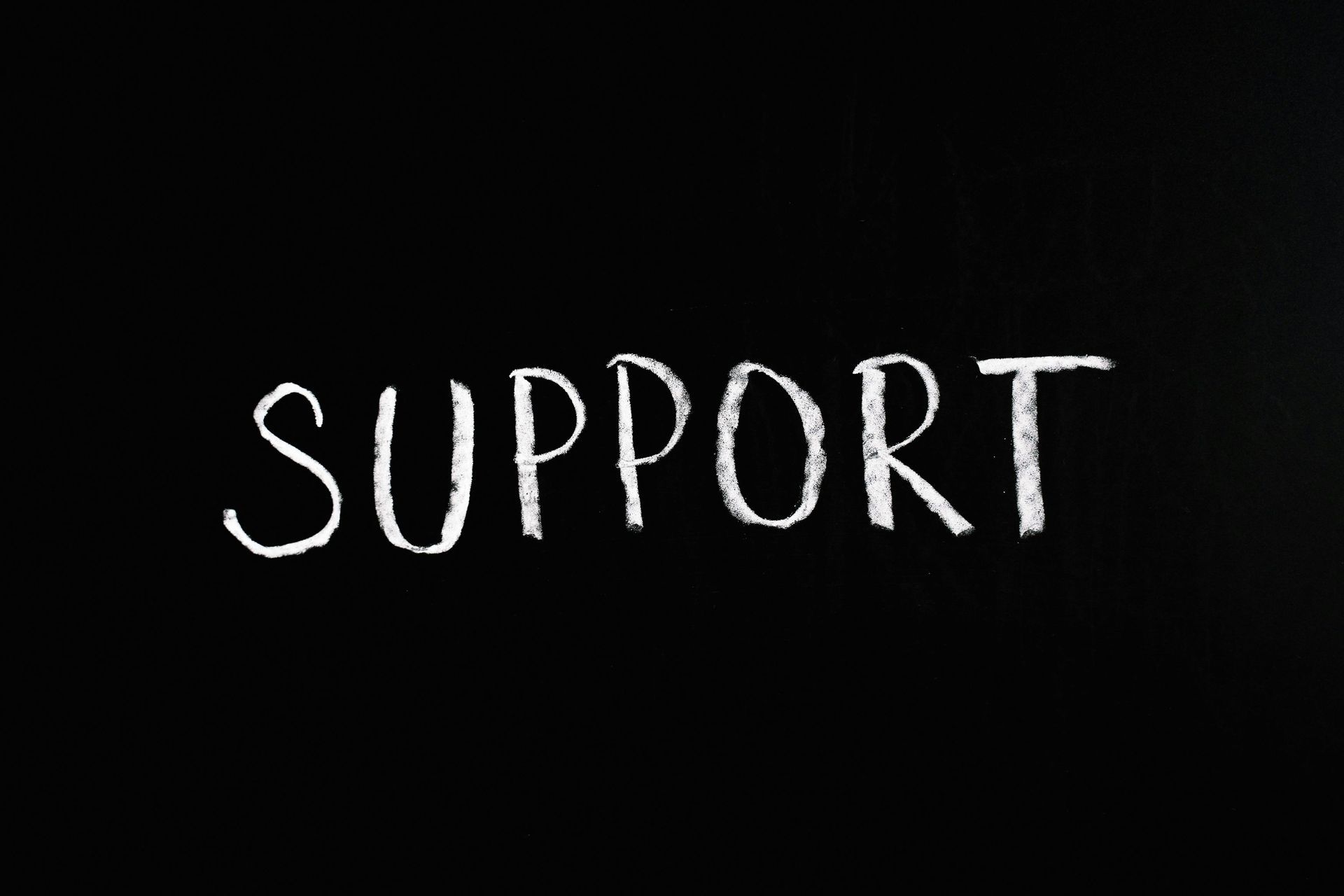Feel heard, seen, and supported.
I specialize in mental health therapy for emerging adults, and adults struggling with transitions, anxiety, depression, relationship concerns, and work-life balance. Therapy is delivered using an online telehealth platform for those residing in Minnesota and Wisconsin.
Does any of this sound familiar?
- You often feel overwhelmed and anxious about events or decisions you make..
- You are someone who works really hard, but still finds yourself struggling, feeling anxious about daily tasks, and often you are very hard on yourself..
- You are unsure about what the future should hold and how to make those important life transitions..
- You struggle with taking care of your own needs because you’re so busy taking care of other people.
Whether you’re walking through a difficult life change, struggling with cycles of anxiety or depression or navigating a conflictual relationship, I’m here to help!
Together we can come up with strategies and tools to help you get a more balanced life, manage stressors in a healthy way and be well again!
Hi! I'm Debbie, and I am glad you are here.
Sometimes we all need help sorting through our emotions.
Finding the right therapist for you is hard, but it is the first step. I provide a safe, comfortable, judgment-free space to explore what brings you to therapy. To be at your best, your mental wellness must be in balance.
At Core Mental Wellness my mission is to help you grow and develop the skills you need to be successful and fulfilled in life. I specialize in life transitions, anxiety, depression, relationship concerns, and work-life balance.
Recent posts from Debbie


Ready for change?
Taking the first step towards better mental health can be daunting, but you don't have to do it alone. If you're wondering whether I'm the right therapist for you, let's talk.














